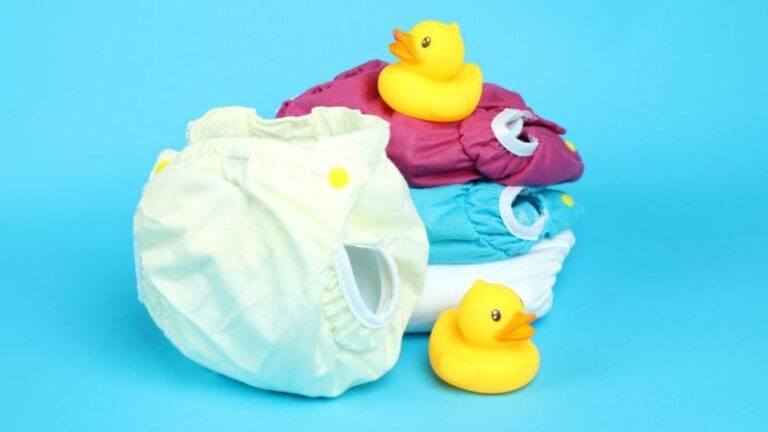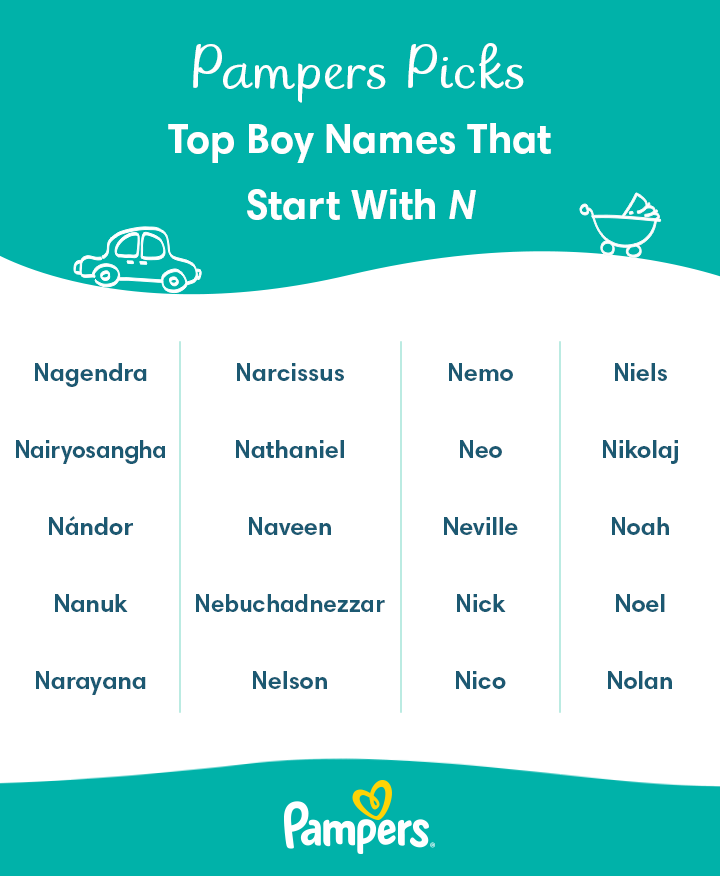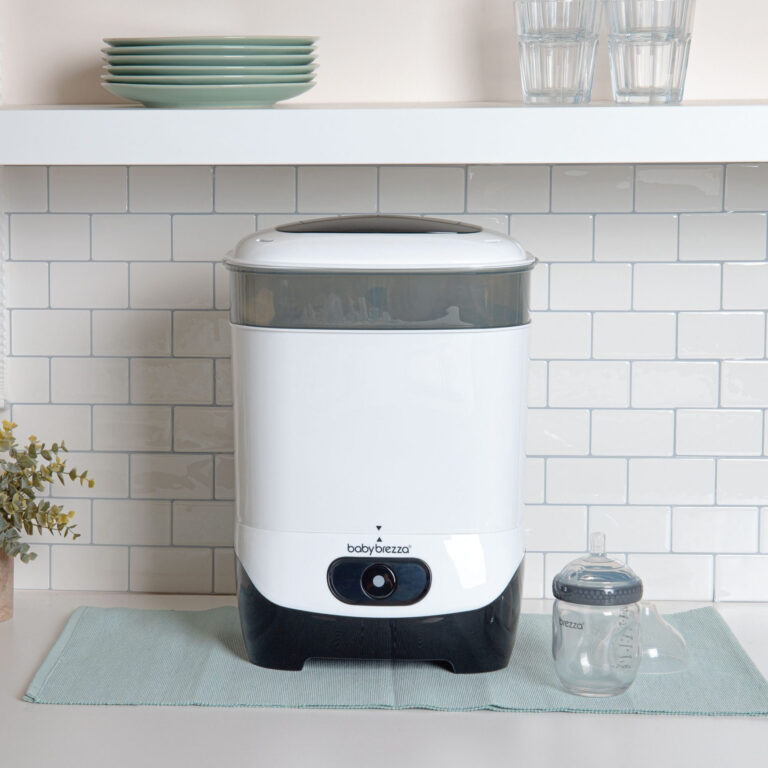When Can You Give A Baby Melatonin: A Comprehensive Guide
Are you a parent wondering about when it is safe to give your baby melatonin? This article will provide you with all the information you need to know about giving melatonin to infants and young children. We will cover everything from what melatonin is to the potential risks and benefits of using it for your child. Let’s dive in!
Knowledge
Melatonin is a hormone that is naturally produced by the pineal gland in the brain. It plays a crucial role in regulating the sleep-wake cycle and is often used as a supplement to help improve sleep. While melatonin is generally considered safe for adults, the use of melatonin for babies and young children is a topic of much debate among healthcare professionals.
When it comes to giving a baby melatonin, it is important to consult with your child’s pediatrician first. Babies have delicate systems that may be more sensitive to the effects of melatonin. The American Academy of Pediatrics does not recommend the use of melatonin for children under the age of 3 unless advised by a healthcare provider.
If your pediatrician does recommend melatonin for your baby, it is essential to follow their instructions carefully. They will likely provide you with a specific dosage based on your child’s age, weight, and individual needs. It is crucial not to exceed the recommended dosage, as this can lead to potential side effects.
It is also important to consider the underlying reasons for your baby’s sleep issues before turning to melatonin. Establishing a consistent bedtime routine, creating a soothing sleep environment, and ensuring your baby is getting enough physical activity during the day can all help improve their sleep quality without the need for supplements.
Conclusion
In conclusion, the decision to give a baby melatonin should not be taken lightly. It is essential to consult with your child’s pediatrician and weigh the potential risks and benefits before using melatonin as a sleep aid. While melatonin can be helpful for some children, it is not a one-size-fits-all solution and may not be appropriate for every child.
Ultimately, the goal should be to address the underlying causes of your baby’s sleep issues and create healthy sleep habits that promote restful sleep naturally. By working with your child’s healthcare provider and implementing positive sleep practices, you can help your baby develop healthy sleep patterns that will benefit them for years to come.






